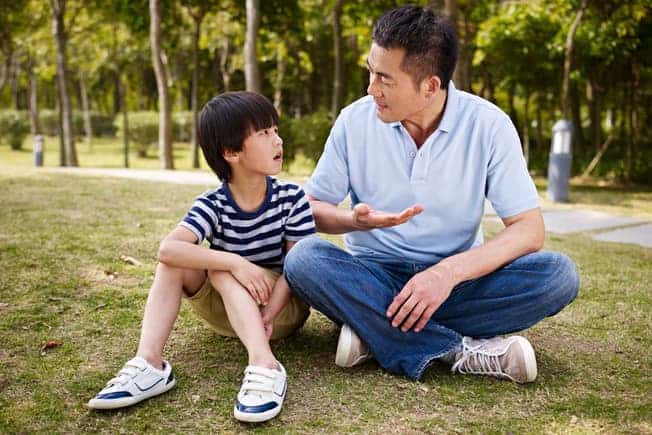As the season changes, you’ve probably noticed a shift in your mood or behavior. You might be surprised to learn that seasonal changes can also have an effect on your child’s mental health. The big question is, can seasons alter your child’s ADHD symptoms? In this post, we’ll look at the negative impacts of Seasonal Affective Disorder (SAD) and ADHD on children, followed by some advice for parents.
But before we get into it, take a look at our treatments for ADHD. Choose the best therapy services for ADHD for your child and book an appointment with us today!
How do ADHD and Seasonal Affective Disorder affect children?
Therapists and other mental health experts have also noticed some detrimental alterations in the conduct of their patients. People who have had a brain injury or other mental or mood disorders are particularly vulnerable to the effects of seasonal variations. Your child may potentially be suffering from Seasonal Affective Disorder (SAD).
Your child may become irritable, uninspired, and cranky as a result of feeling worse or depressed. These behavioral changes may also make it difficult for them to perform exercises that aid in their recovery. Furthermore, SAD can have a negative impact on your child’s learning, mental capacity, and ability to concentrate. It also adds stress and makes it more difficult for parents to deal with their child’s symptoms.
How do changes in seasons affect the ADHD brain?
Several studies show a strong association between disturbances in seasonal and circadian rhythms and the severity of ADHD symptoms. This may cause delayed sleep onset time in people who have ADHD, which leads to the development of SAD symptoms. Treating patients with SAD for possible ADHD and delayed sleep onset time may reduce symptom severity in these complex patients.
Another explanation behind why ADHD and SAD co-occur is genetics. People with ADHD and SAD have an unusual gene in common that involves a brain chemical called serotonin, which helps regulate your mood and emotions.
8 tips to deal with your child’s ADHD symptoms during seasonal changes
If you’re unsure of how to support your SAD and ADHD child, check the list below for some helpful tips:
- Give your child vitamin D supplements daily (please get permission from your child’s doctor before doing so)
- Research more about the symptoms of SAD and how it can be treated
- Spend more time with your child outdoors, especially during the day
- Use light therapy
- Contact your mental health professional and ask them if they can adjust your child’s ADHD medications
- Encourage your child to exercise daily
- Be extra patient with your child during this time
- Meet your child’s teacher to discuss strategies to help your child succeed in academics.
Don’t focus too much on the weather. Simply relax and enjoy it. If your child suffers from SAD, we provide remote therapy for ADHD. Schedule an appointment with us today.
Sources:
https://www.ncbi.nlm.nih.gov/pmc/articles/PMC3269251/
https://www.understood.org/en/articles/adhd-and-seasonal-affective-disorder






